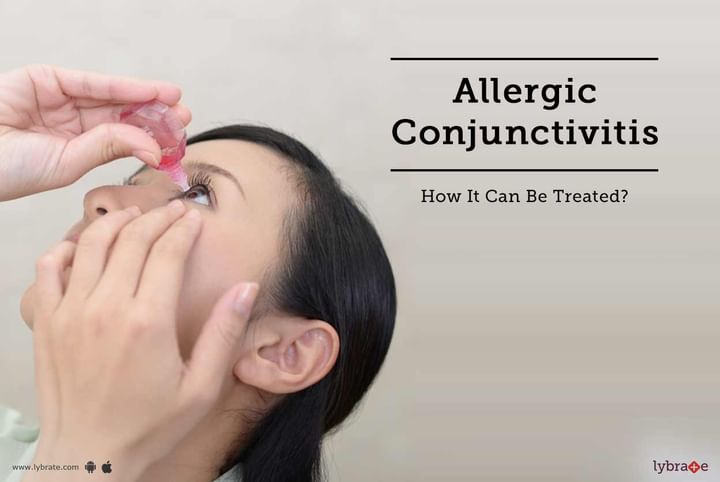Allergic Conjunctivitis - How It Can Be Treated?
If your eyes suddenly look reddish and feel extremely itchy, you may be suffering from allergic conjunctivitis. Allergic conjunctivitis is triggered by exposure to allergens like pollen or mold spores. An allergy to eye drops or contact lens solution can also trigger this condition. Allergic conjunctivitis is a very common health condition and more common during the hay fever season.
There are two types of allergic conjunctivitis; acute allergic conjunctivitis and chronic allergic conjunctivitis. Acute allergic conjunctivitis is characterized by the swelling of eyelids and intense itchiness and burning. Amongst the two, this is a more common condition. Chronic allergic conjunctivitis can occur during any season and has symptoms that come and go. It is a milder response to allergens such as dust, food, pollen, chemical scents etc.
On presenting the symptoms of conjunctivitis to a doctor, he may ask for an allergy skin test, a blood test or a scraping of the conjunctival tissue to understand the type of conjunctivitis you are suffering from. Allergic conjunctivitis can be treated with a combination of medication and home care.
Antihistamines are the most common form of treatment for this disease. This can reduce and block the release of histamines in the body. Artificial eye drops may also be used to create a screen over the eye and prevent the eye from coming in contact with the allergen. Eye drops may also be used to shrink swollen blood vessels in the eye. Steroid eye drops may also be used along with anti inflammatory eye drops.
Home care to treat allergic conjunctivitis focuses on preventing the trigger. Today, apps on your phone can update you n the pollen levels in the air. Close your windows every time you notice a higher than normal pollen count and keep your home as dust free as possible. You could also use an air purifier in your home. Also, avoid exposure to strong chemicals, dyes, perfumes etc.
To avoid the condition from worsening, avoid rubbing your eyes and wash your hands every time you touch your eyes. Disinfect your towels, sheets and pillowcases that come in contact with your eyes every few days with hot water. Wash eyes with cold water twice daily especially after coming home from outside. Do not share your make up or brushes with other people. This is a healthy habit to follow even when you are not suffering from this condition. While you suffer from pink eye you should also not wear contact lenses. Once the eye has healed, discard the old lenses and replace them with a new pair. If you wish to discuss about any specific problem, you can consult an Ophthalmologist.



+1.svg)
